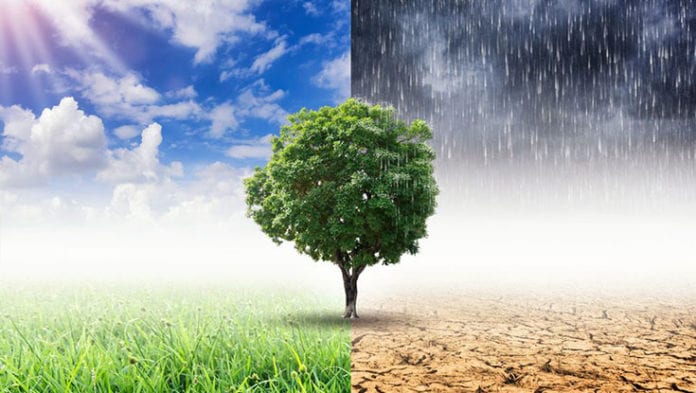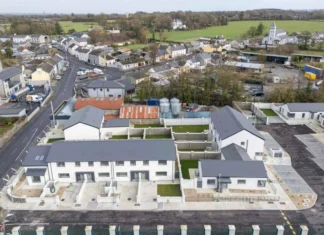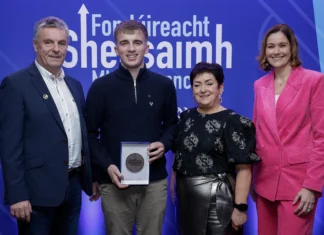Dear Editor,
The release of the AR6 report from the Intergovernmental Panel on Climate Change (IPCC) should serve as an alarm for all to act on climate change.
Since the industrial revolution, primarily anthropogenic greenhouse gases have increased the earth’s average temperature by 1.1°C.
This average warming will lead to more adverse storms, higher flooding risk, longer droughts, species loss, and more.
Profound changes have been made to our oceans, freshwater, air, biodiversity, and human health. We have lost 70% of wildlife species since 1970 – referred to as the windshield phenomenon.
99% of the world’s population breathes air which breaches the World Health Organization’s guidelines for air quality, including Galway, Limerick, and Dublin.
Microplastics have now been found in newborns, showcasing that even the womb is unsafe now.
95% of youth are worried about the future, with eco-anxiety affecting the generations who have experienced only the warmest years of their lives so far.
The coming decades will at the very minimum deliver a climate unseen by their parents, grandparents, and the entirety of the previous human populations.
This is not just affecting distant lands and specific ecosystems – this affects all people, everywhere.
Climate change is impacting Ireland and will continue to do so. That said, marginalised and oppressed communities will experience adverse effects of climate change. Unhoused people, people of colour, trans people, are all at greater risk due to climate impacts.
We need a strategy for rapid decarbonisation and climate justice in Ireland and around the world. This radical action will not come from governments who water-down windfall taxes on fossil fuel companies after lobbying.
This cannot come from governments who have allowed Ireland’s emissions to rise year-on-year, or governments who do not deliver on retrofitting targets.
This must come through community solidarity and action. Working collaboratively to ensure everyone is housed, fed, warm, and safe is of the utmost priority.
Community gardens can produce local food on a greater scale, parents and guardians are already working to create safer cycling infrastructure and demanding better public transport, local residents are striving to deliver renewable energy to homes in their area.
Whilst individual impacts on the climate are small, individuals form societies which can host transformative impacts.
The time to act is now.
Criodán Ó Murchú
Peterswell, Galway













